Adjuvant Radiotherapy
1. What is Adjuvant Radiotherapy?
Adjuvant radiotherapy is a type of treatment that follows a primary restorative procedure, like surgery. After surgery, microscopic amounts of cancer can still stay in the area out of sight. This type of secondary therapy works to reduce these cancer cells non-intrusively and prevent them from returning.
In the context of adjuvant radiotherapy after radical prostatectomy or other surgeries, standard techniques include radiation therapy, chemotherapy, immunotherapy, hormone therapy and targeted therapy.
2. How long is Adjuvant Radiotherapy?
The length of the adjuvant radiotherapy in breast cancer patients, or other cancer patients depends on several factors like the type of treatment and cancer progression intensity. In total, the procedures can last between some weeks to approximately ten years.
One report shows the adjuvant radiotherapy helps improve GBM (Glioblastoma multiforme) median survival period from 14 to 40 weeks. To note, the process of adjuvant radiotherapy can extend more if cancer cells return during/after remission; it does not permanently cure cancer.
3. What is the difference between adjuvant and neoadjuvant?
There are two main points of difference between neoadjuvant and adjuvant radiotherapy, that the prostate cancer and other cancer patients can note. The former includes preventive treatments before the primary medical procedure, and the latter represents treatments after it.
Before commencing primary treatments like surgery, doctors handle neoadjuvant radiation therapy to reduce the tumor size. On the other hand, adjuvant radiation therapy for uterine cancer or any other cancer type focuses on improving patients’ survival rate and reducing after-effects.
4. Do you lose your hair with adjuvant chemotherapy?
The amount of hair cancer patients lose from adjuvant chemotherapy depends on the person. Typically, most of the hair loss from chemotherapy occurs between 2-4 weeks. Procedure-wise, this starts after starting treatment regularly or at the beginning of chemotherapy cycle 2.
The hair loss rate and intensity depend on treatment frequency, type of chemotherapy drug, the process of chemotherapy and dosage. Typically, these cases of hair loss are not permanent for patients.
5. What are the side effects of Adjuvant Radiotherapy?
The adjuvant radiotherapy side effects range widely. Most of the remaining side effects from therapy or medicinal agents are not toxic. Exceptions include some chemotherapeutic agents. One 6-month-long study was organized, checking the side effects of both adjuvant radiotherapy and chemotherapy between 40 participants.
In general, the chemotherapy-related side-effects include:
- Vomiting.
- Nausea.
- Mucositis.
- Alopecia.
- Neutropenia.
- Diarrhea.
- Constipation.
- Bladder damage.
- Hemorrhage.
- Side effects of radiotherapy (brain) include:
- Brain necrosis.
- Alopecia.
- Headache.
- Memory loss.
6. Why choose Yashoda Hospitals for Adjuvant Radiotherapy?
Yashoda Hospitals is one of the leading healthcare providers for adjuvant radiotherapy in head and neck cancer and other cancer cases. Professionals in different cancer specialties join this team of doctors for multiple cases, like for adjuvant radiotherapy. The doctors have experience handling different types of cases and provide dedicated support and patient care before and after the surgical treatment.
Patient Testimonials For Cancer




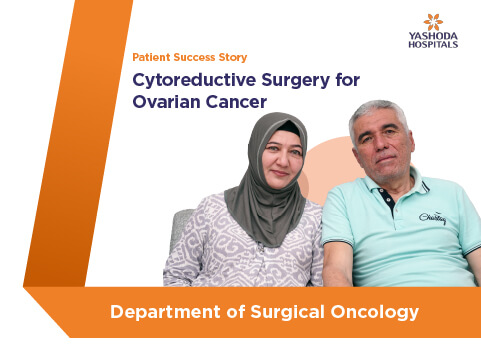
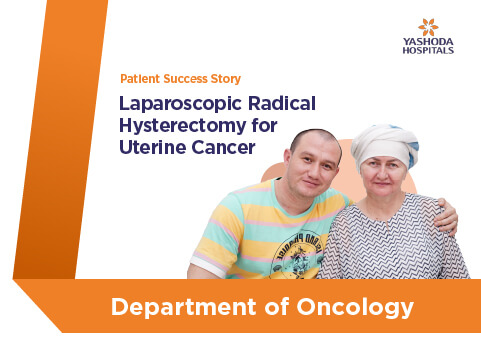

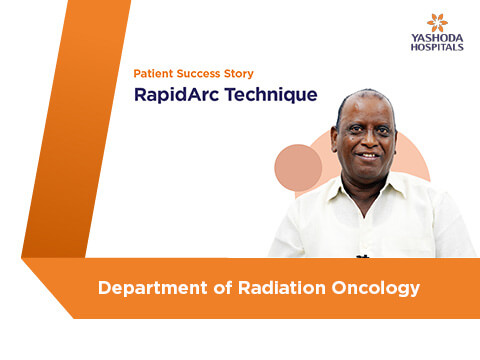

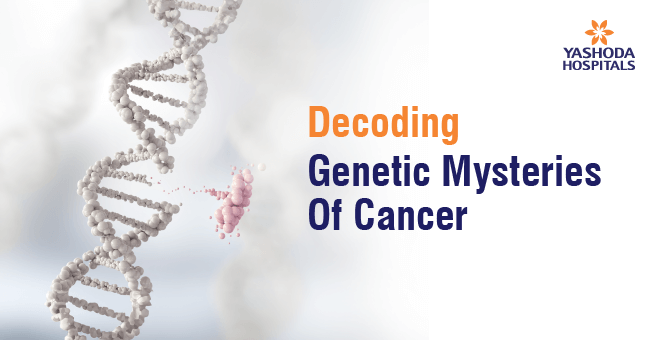
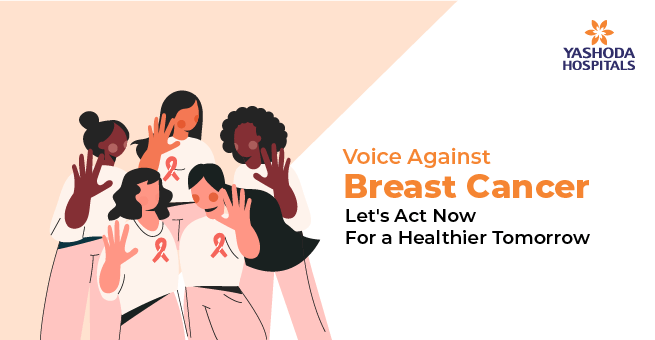
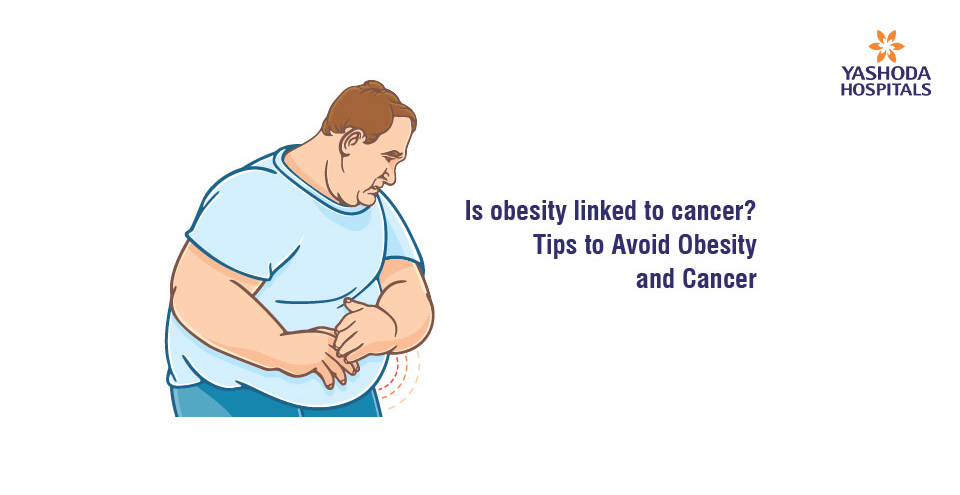
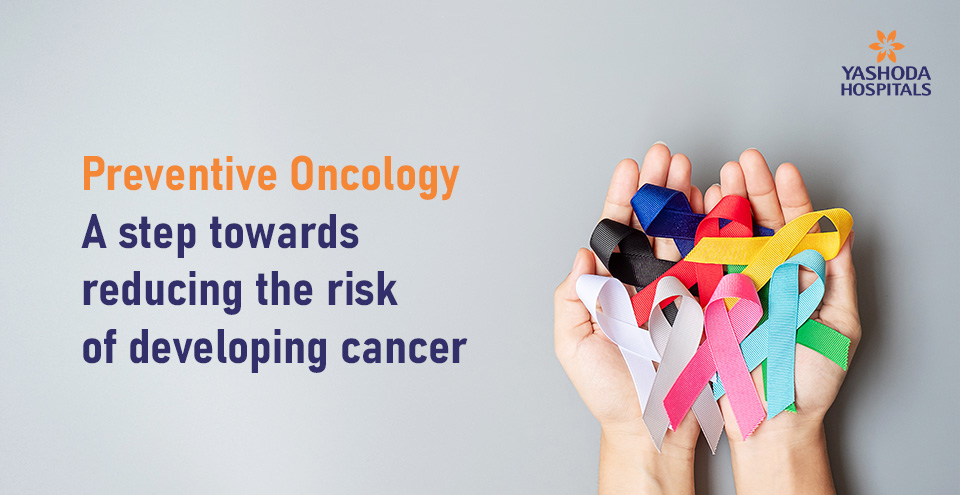
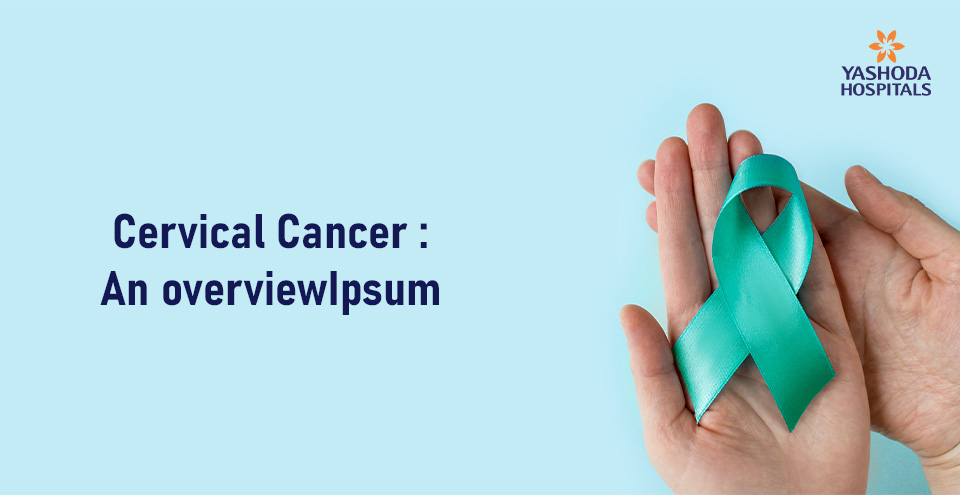
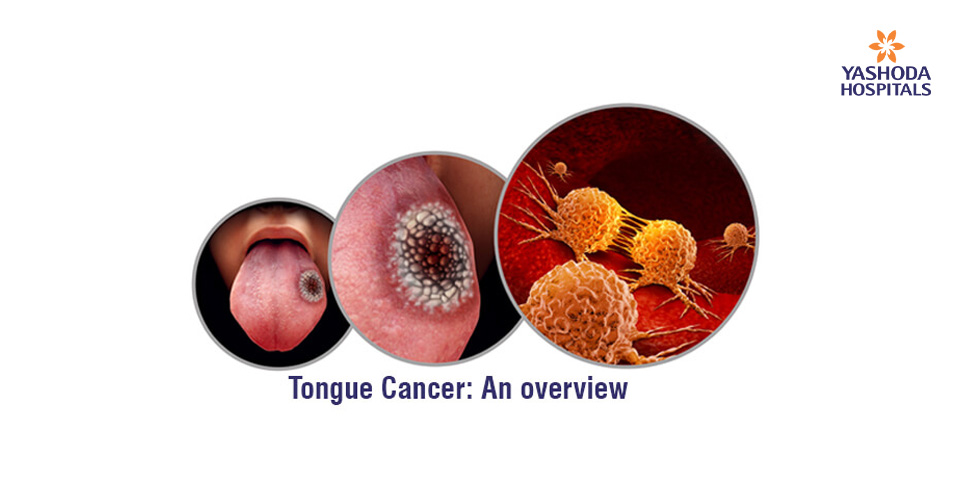
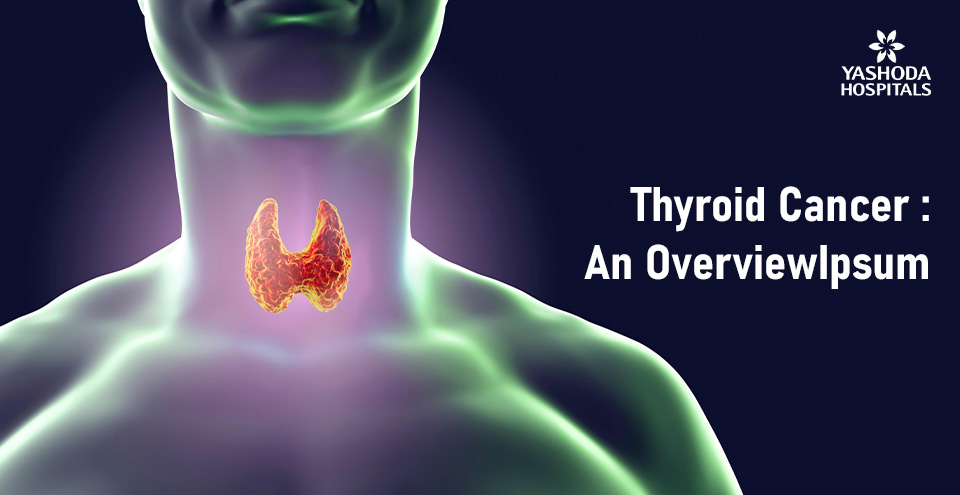
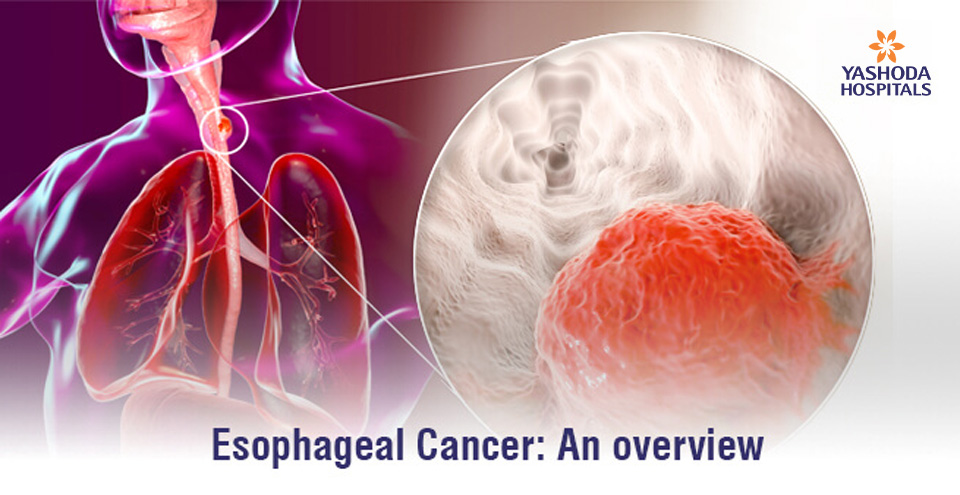
 Appointment
Appointment WhatsApp
WhatsApp Call
Call More
More

